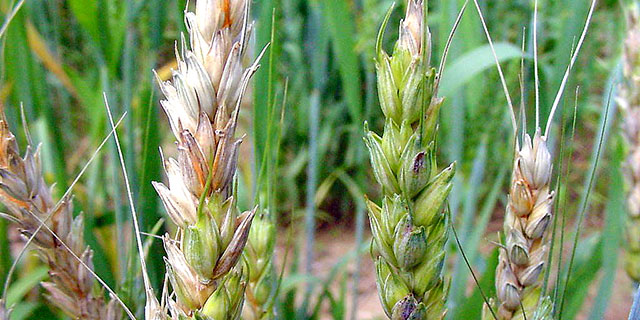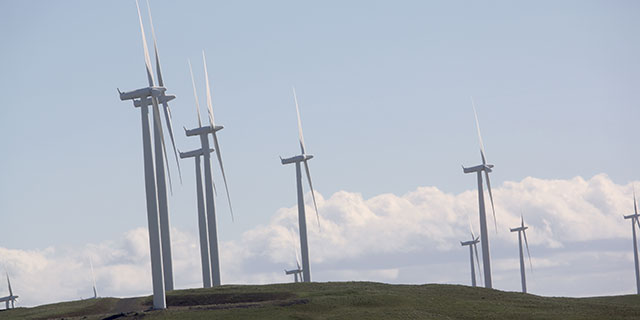Washington Democrats seek to nix tax break for H-2A housing
Published 9:30 am Tuesday, February 2, 2021

- Sen. Liz Lovelett. She is sponsoring a bill to end tax exemptions on farmworker housing for H-2A workers.
OLYMPIA — Two Senate Democrats introduced legislation Monday to raise taxes on building and repairing farmworker housing if the units accommodate any foreign workers with H-2A visas.
Senate Bill 5396, sponsored by Sens. Liz Lovelett, D-Anacortes, and Rebecca Saldaña, D-Seattle, targets a program that critics claim displaces U.S. workers.
Washington Growers League Executive Director Mike Gempler said foreign and U.S. farmworkers are housed together. The bill would discourage new housing for both, he said
“It discriminates against one class of agriculture employee, and that hurts all farmworkers,” he said. “I think ultimately fewer people would build because it would be more expensive.”
A quarter of a century ago, to encourage new farmworker housing, Washington lawmakers exempted from sales taxes the building materials and labor that goes into farmworker housing. The exemption saved taxpayers $1.7 million in 2020.
While ending the tax break for housing with H-2A workers, SB 5396 would broaden the exemption for households with farmworkers.
The bill also adopts a recommendation from the state Department of Commerce to extend the tax break to housing for aquaculture workers.
Saldaña said in an email that the bill expands incentives to build permanent housing in communities. The federal government should provide incentives for H-2A housing, since it is a federal program, she stated.
“It doesn’t seem the best and highest use of state incentives to go toward housing that is already required to be provided and does nothing to address Washington’s lack of affordable quality housing for domestic farmworkers,” Saldana stated.
Efforts to obtain comment from Lovelett were unsuccessful.
U.S. immigration officials issue H-2A visas to foreign workers if U.S. workers are unavailable to fill specific farm jobs. More than 20,000 seasonal foreign workers, mostly from Mexico, come to Washington on H-2A visas.
Dan Fazio, director of the labor supplier WAFLA, said the H-2A program gives workers and farmers a legal way to fill jobs. SB 5396 illustrates hostility toward the program, he said.
“Why would you punish people who are following all the rules?” he asked.
Washington Tree Fruit Association President Jon DeVaney said the bill “incorrectly assumes housing is segregated by visa category.”
“It also raises uncomfortable questions,” he said “Are you going to say certain farmworkers of certain immigration status are not worthy of being properly housed? I think that is a difficult position to take.”
Gempler said farmers use H-2A workers because U.S. workers are unavailable. Assertions to the contrary are based on “fantasy or misinformation,” he said.
“We have to be careful we treat everybody the same,” Gempler said.
In a study this year, the Joint Legislative Audit and Review Committee identified at least 29,987 seasonal beds and 2,425 permanent housing units for farmworkers built since 1996.
The permanent units range from studio apartments to units with three or more bedrooms. A large majority of the farmworker housing built in the past 25 years has been in Central Washington.






